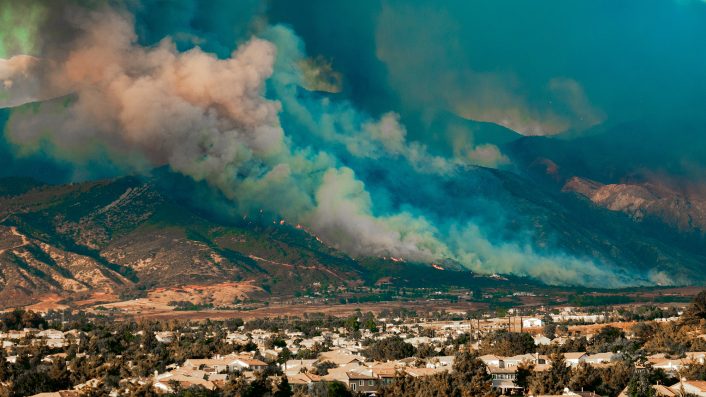The creation of a new artificial intelligence (AI) program could help scientists predict future catastrophic disasters, such as pandemics, power outages, financial crashes, and ecological collapse.
In the past, predicting when “tipping points” would occur was a pain in the butt for scientists, but AI can make the load a little easier.
Tipping points are described as sudden shifts to an undesirable state that is extremely difficult to reverse.
“If an upcoming critical transition can be forecast then we can prepare for the shift or perhaps even prevent the transition, and thus mitigate damage,” Gang Yan, senior study author and a professor of computer science at Tongji University in China, said.
“This motivated us to develop an AI approach to predict the onset of such sudden transitions far before it happens.”
For example, if the ice sheet in Greenland were to melt completely, it would reduce snowfall in the region and drastically raise global sea levels. The Earth would also rotate more slowly, and a day’s length would become about two milliseconds longer.
Previously, scientists used statistical methods to build models that predicted transformations. But, the models were oversimplified and did not result in accurate predictions. So, for the new study, the researchers wanted to find a more accurate way to make predictions.
They combined two types of neural networks, or algorithms, that imitate the way the brain processes information.
The first type broke down complex systems into interacting nodes and tracked the connections between the nodes. The second monitored how individual nodes changed over time.

Sign up for Chip Chick’s newsletter and get stories like this delivered to your inbox.


